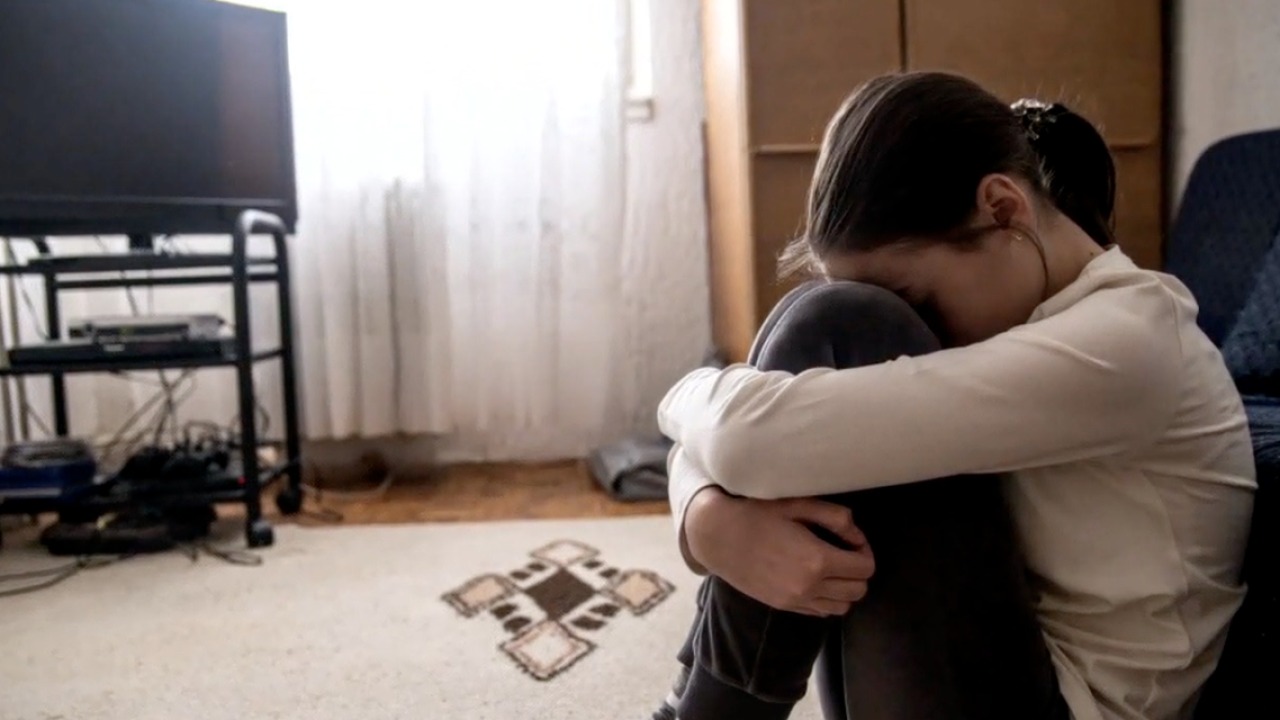Women’s Mental Health Trauma: The impact on women’s Mental Health An extremely upsetting or distressing event that can have long-lasting emotional and psychological repercussions is called a trauma. All genders are impacted by trauma, but for a variety of social, cultural, and biological reasons, women are disproportionately affected. Trauma has a significant and intricate effect on women’s mental health, frequently showing up as mental illnesses that, if left untreated, can last for years.

Comprehending Mental Health Trauma in the Lives of Women
Women are more likely than men to experience some types of trauma, particularly interpersonal trauma. These consist of emotional abuse, domestic violence, sexual assault, and maltreatment during childhood. One in three women globally have been victims of physical and/or sexual violence at some point in their lives, according to the World Health Organisation (WHO). Systemic gender inequality and power disparities that sustain cycles of abuse and silence are frequently the cause of these experiences.
Trauma can be classified as acute (caused by a single event), chronic (occurring repeatedly and for an extended period of time), or complex (resulting from exposure to numerous traumatic incidents, many of which were intrusive and interpersonal in nature. Women who experience trauma frequently deal with several types at once, such as physical and emotional abuse along with financial hardship, which can worsen the psychological effects.

Typical Results for Mental Health Trauma
Traumatised women may develop a range of mental health conditions, including:
- Women are twice as likely as men to suffer from post-traumatic stress disorder (PTSD). Symptoms include intense anxiety, nightmares, flashbacks, and uncontrollable thoughts about the traumatic event.
- Depression and Anxiety: A lot of traumatised women report having persistent depressive, hopeless, and fearful feelings. These can lead to generalised anxiety disorder (GAD) and clinical depression, which both affect functioning and quality of life.
- Substance Use Disorders: Some women may use drugs or alcohol as a coping mechanism for distress related to trauma. Substance use disorders may result from this, which makes mental health and recovery even more difficult.
- Eating Disorders: Disordered eating patterns like anorexia, bulimia, or binge eating are ways that some women internalise trauma. These disorders are frequently caused by feelings of guilt or shame about the trauma, which lead to a desire to punish oneself or regain control.
- Dissociation and Self-Harm: Dissociation, or the feeling of being cut off from one’s body or environment, is a defence mechanism that trauma survivors may employ. Cutting or burning oneself can also be a coping mechanism for severe emotional distress.

Obstacles to Support for Mental Health Trauma
Despite the severe consequences of trauma, many women encounter major obstacles when trying to get mental health treatment. Women may be discouraged from seeking help because of the cultural stigma associated with mental illness, particularly in some communities. Women in abusive relationships may also be prevented from leaving or speaking out due to financial dependence, fear of reprisals, or worries about child custody.
Misdiagnosis or re-traumatization during treatment may result from health systems’ own failure to provide trauma-informed care. For example, if the symptoms of a woman with PTSD are not understood in the context of trauma, she may be classified as “difficult” or “non-compliant.”

Trauma-Informed Care’s Significance
The approach known as trauma-informed care (TIC) acknowledges the pervasive effects of trauma and incorporates this knowledge into every facet of service provision. TIC for women entails establishing secure, encouraging spaces where they can experience empowerment, respect, and being heard. Mental health practitioners need to be educated to spot the symptoms of trauma and steer clear of actions that might unintentionally cause the patient to experience it again.
Dialectical behaviour therapy (DBT), mindfulness-based interventions, eye movement desensitisation and reprocessing (EMDR), and cognitive-behavioral therapy (CBT) are effective treatment modalities for mental health disorders associated with trauma. The healing process can also benefit greatly from somatic therapies like yoga and bodywork, art therapy, and peer support groups.

Recovery and Empowerment
Trauma recovery is achievable, but it calls for an all-encompassing and caring strategy. It is crucial to empower women by providing them with access to mental health resources, social support, and education. Reducing the effects of trauma also requires public policies that address issues like healthcare access, economic inequality, and gender-based violence.
Society can start addressing the underlying problems that sustain psychological suffering by acknowledging the distinct ways trauma impacts women and giving trauma-informed care top priority. In addition to changing people’s lives, helping women recover also benefits families, communities, and future generations.
ALSO READ THIS: Tamannaah Bhatia Owns the Red Carpet With These 5 Intense Looks




